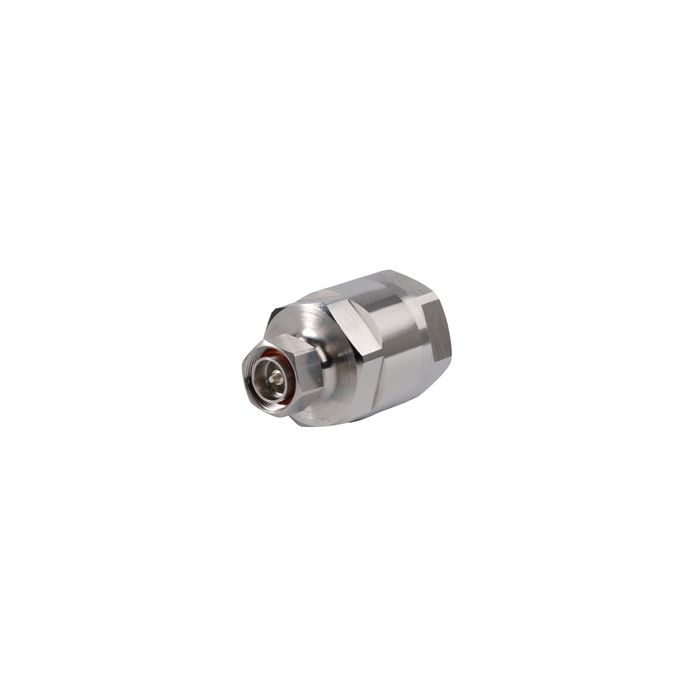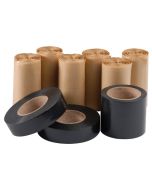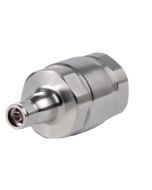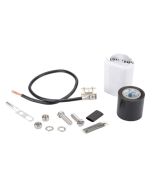- Shop All Categories
- Adapters
- Amplifiers
- Anderson Power Pole
- Antennas and Related Products
- Attenuators
- Books & Manuals
- Capacitors
- Cases, Chassis, Enclosures
- Chokes & Inductors
- Circuit Boards
- Circuit Breakers
- Coax Seal
- Coax Wrap
- Coaxial Cable & Accessories
- Coils and Coil Form
- Cable Assemblies
- Connectors - Binding Post
- Connectors - Heliax Type (Andrew-Commscope/ RFS-Cablewave/ Eupen)
- Connectors - High Voltage
- Connectors - Jones Style
- Connectors - Unidapt
- Connectors - RF Coaxial
- Diodes
- Dummy Loads
- Fans
- Ferrite Cores
- Filters
- Fuses
- Galaxy Radio Service Parts
- Grounding & Lightning Protection
- Heatshrink
- Heatsinks
- Knobs
- Inrush Current Limiters
- Insulators
- Integrated Circuits
- Mini-Circuits
- Modules - RF Power
- Multimeters / Test Meters
- Oscillators
- Panel Meters
- Power Supply
- Potentiometers
- Radio & Amplifier Service Parts
- Radios
- Rectifiers
- Relays
- Resistors
- Rheostat
- Signal Samplers
- Solder
- Speakers
- Splitter / Combiners / Directional Couplers / Bias-TEE
- VINTAGE
- Switches
- Terminal Strips
- Tools
- Transformers
- Transistors - RF, Mosfets, Misc.
- Tubes - Transmitting, Audio, Misc.
- Varistor
- Wattmeters & VSWR Meters
- Wire
- Home
- Amplifiers
- VINTAGE
- Product Catalog
- My Cart
Skip to Content
1-800-RFPARTS (1-800-737-2787)
1-760-744-0700 (USA)
ORDERS: rfp@rfparts.com
435 S PACIFIC ST SAN MARCOS, CA 92078
L7TDM-PS 7-16 DIN Male Positive Stop™ for 1-5/8" Heliax LDF7-50A cable, Andrew
$179.95
In stock
SKU
L7TDM-PS
L7TDM-PS 7-16 DIN Male Positive Stop™ for 1-5/8" Heliax LDF7-50A cable, MFR: Andrew
L7TDM-PS 7-16 DIN Male Positive Stop™ for 1-5/8" Heliax LDF7-50A cable
MFR: Andrew
NOTE: Limited Quantity Available. This connector is no longer produced. New Old Stock.
Return Loss/VSWR
| Frequency Band | VSWR | Return Loss (dB) |
| 45–1000 MHz | 1.02 | 39.00 |
| 1010–2200 MHz | 1.03 | 38.00 |
| 2210–2500 MHz | 1.04 | 34.00 |
| Call For Price | No |
|---|---|
| Featured Product | No |
| Made in the USA | No |
| NOS | No |
| Manufacturer Name | ANDREW |
We found other products you might like!


 Click on image below to enlarge.
Click on image below to enlarge.


